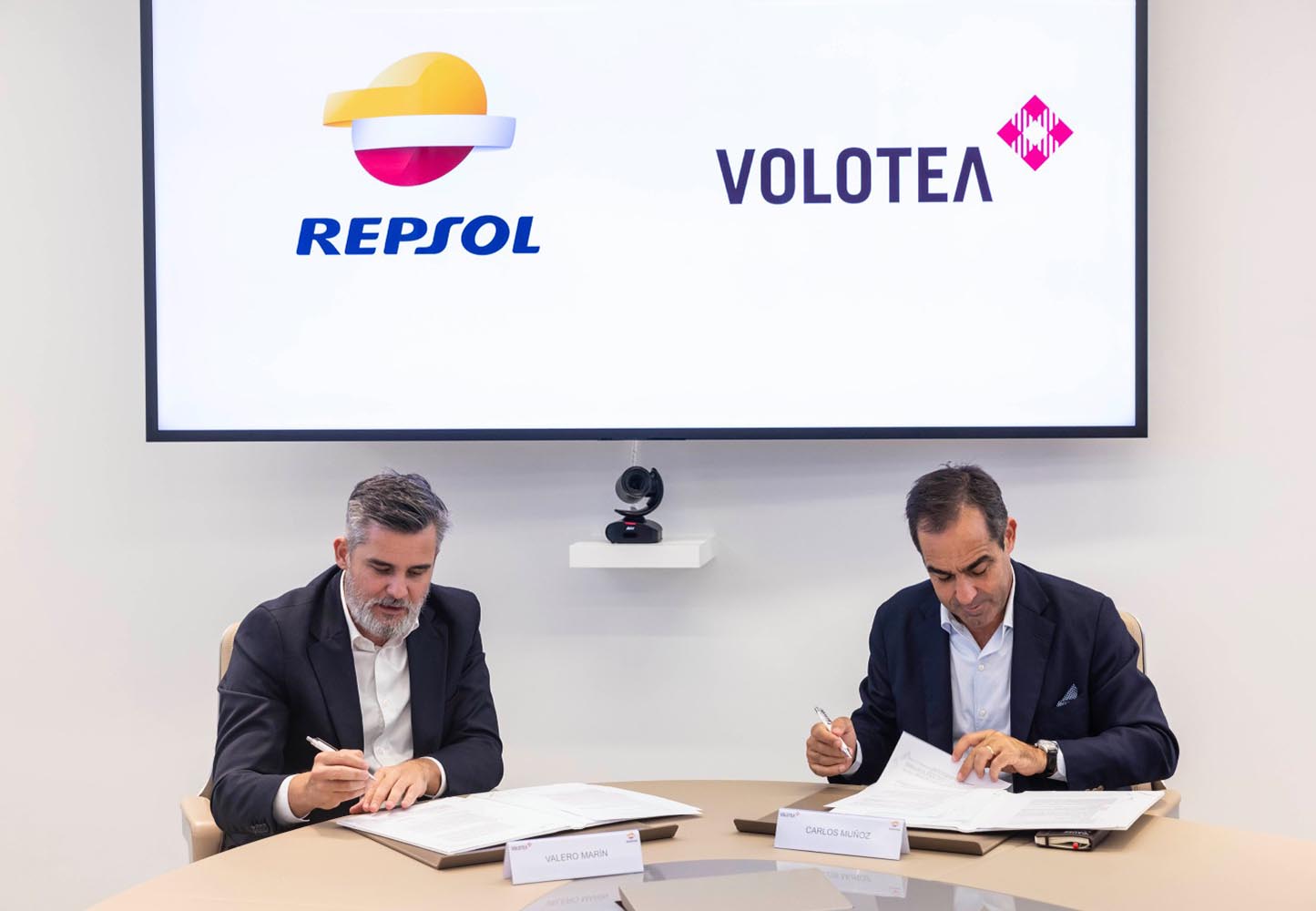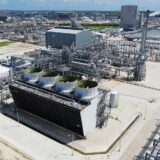
Repsol and Volotea sign deal for sustainable aviation fuel supply
Repsol and Volotea have signed a strategic agreement to supply more than six million litres of sustainable aviation fuel (SAF) for flights operating out of Spain from 2025 to 2029. This collaboration underscores the commitment of both companies to advancing renewable fuels and decarbonising the airline industry.
The agreement aligns with the European Union’s ReFuelEU Aviation regulation, which requires airlines to use a minimum of 2% SAF by 2025. By utilising SAF, Volotea can reduce its CO2 emissions by approximately 80% over the fuel’s life cycle compared to conventional kerosene, according to International Air Transport Association (IATA) studies.
SAF is crucial for reducing the carbon footprint of aviation as it is made from organic materials such as vegetable oils and waste, including used cooking oil. This type of fuel can be used in existing aircraft without requiring modifications. Repsol, a leader in renewable fuel production in Spain, ensures that its SAF meets the European Union’s stringent certification standards.
Valero Marín, Repsol’s chief customer officer, emphasised the company’s dedication to aviation in Spain, stating, “Our investments are focused on increasing SAF production to meet airline demand.” This partnership will leverage Repsol’s large-scale renewable fuels plant in Cartagena, Spain.
Carlos Muñoz, founder and CEO of Volotea, remarked, “Signing this agreement with Repsol as a key partner reinforces our commitment to more sustainable aviation and is a step towards achieving our industry’s goal of net zero emissions by 2050.”
Volotea has already integrated SAF into its fleet, using approximately 1 million litres between 2022 and 2023. The airline aims to reduce direct CO2 emissions per passenger-kilometre by 50% by 2025.
Repsol continues to pioneer renewable fuel production in Spain and Portugal, with a goal to reach 1.7 million tonnes of renewable fuels by 2027 and 2.7 million tonnes by 2030, further leading the market in the Iberian Peninsula.














